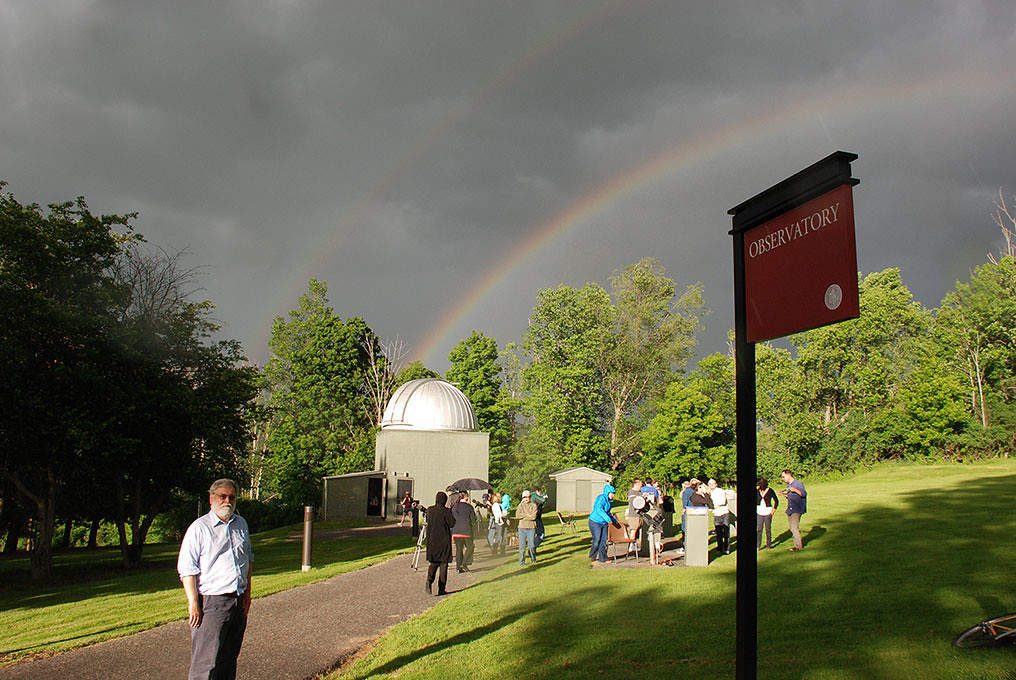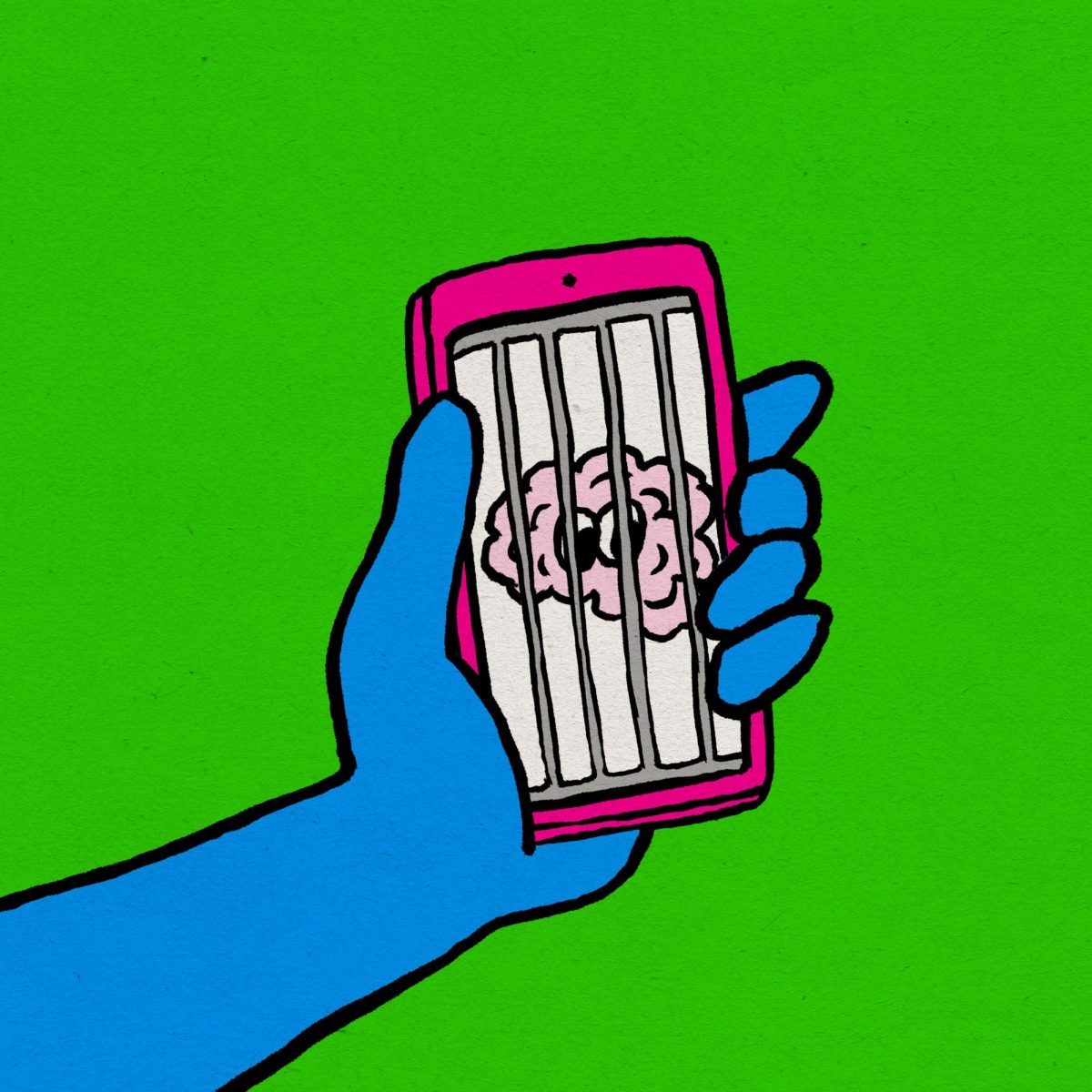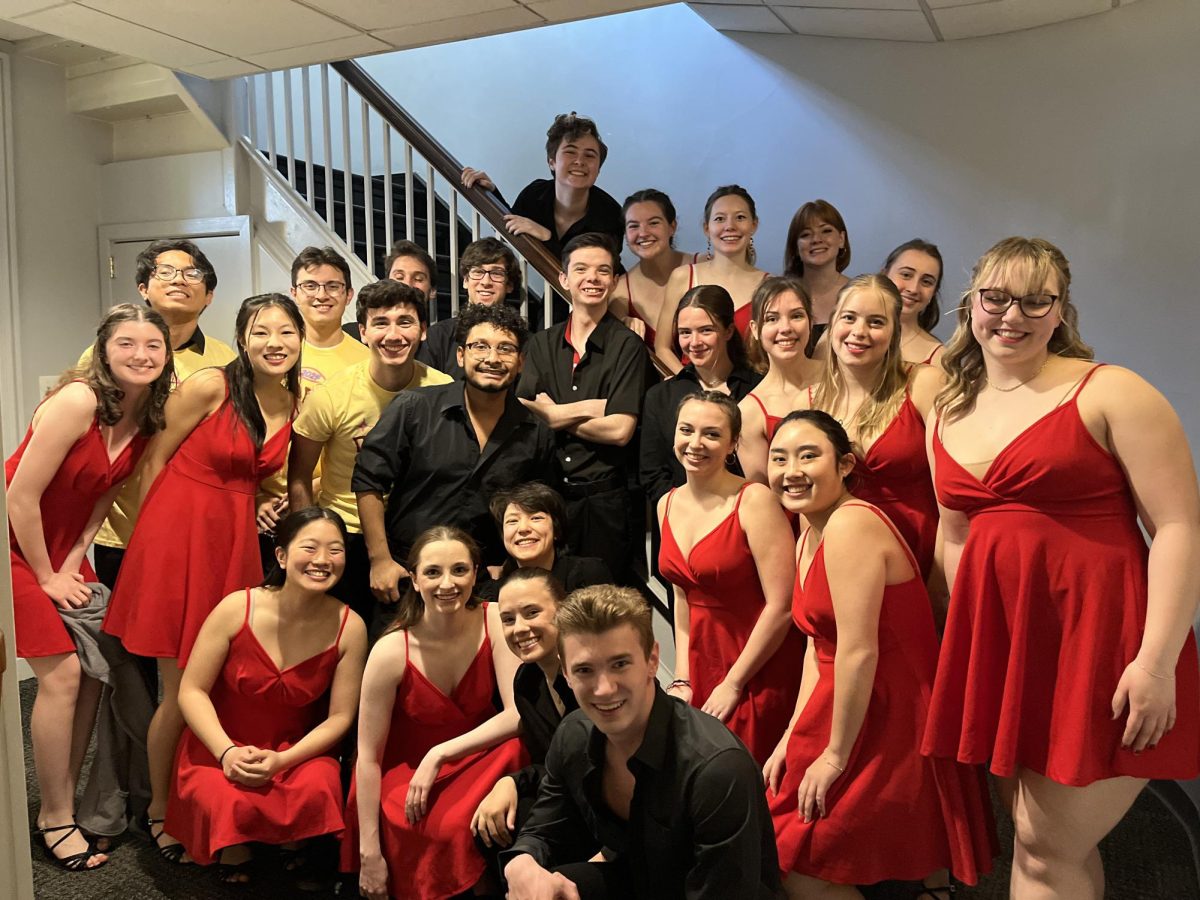On the afternoon of Monday, April 8, 2024, much of Upstate New York will experience one of the universe’s most spectacular astronomical events as the Moon will completely eclipse the Sun. The day will rapidly turn into dusk as the Moon’s inner shadow, traveling at over 2000 miles per hour, will engulf areas within the 115-mile-wide path of totality, where the Sun will entirely disappear behind the Moon. The Sun’s outer atmosphere will be visible around the Moon, and planets will be visible in the mid-afternoon sky. Indiana University canceled classes across its campuses, and many school districts in Arkansas, for example, have already canceled classes for the eclipse.
Should Colgate cancel classes too? Without a doubt, I say yes! Canceling classes would mitigate the inevitable disruptions and stresses caused by student and professor absences. More significantly, Colgate should cancel classes because encouraging students to observe the eclipse fits in with — and even transcends — the goals of a Colgate education.
A total solar eclipse is truly special and something people will not want to miss. Going through NASA’s “World Atlas of Solar Eclipse Paths,” one can see that only three total solar eclipses have crossed over the state of New York since the 16th century: in 1569, 1806 and 1925. Looking into the future, NASA predicts there won’t be another total solar eclipse in Madison County, N.Y., until 2399. Due to the rarity of such an amazing event happening in close proximity to campus, it is safe to assume that a large number of students and faculty will travel the relatively short distance to the path of the eclipse, which includes Syracuse, Watertown and even northern Madison County. The departments of physics and astronomy and the Ho Tung Vis Lab have already arranged for several buses to transport up to 200 students to Geneva, N.Y., to witness the event. The student absences associated with this trip alone would be disruptive to classes, but one can imagine that many more will travel to the path of totality in personal vehicles, causing a greater number of absences.
Canceling all classes on April 8 would give students ample time to travel to the path of totality while taking into account the potential for heavy traffic that may be caused by the up to half a million people predicted to travel to New York to watch the eclipse. Students should not need to feel anxious about falling behind in course material because they decided to travel to see one of nature’s best spectacles — an educational experience in itself. While a partial eclipse of 99.2 percent is expected at Colgate, according to Xjubier’s interactive eclipse map, this is not nearly as impressive as the total solar eclipse visible just to our North and West. A 99 percent partial eclipse is still 10,000 times brighter than a 100 percent total eclipse. The dramatic effects seen in a total solar eclipse will not be seen on Colgate’s campus.
Colgate should encourage students to witness this eclipse by canceling classes because this opportunity to view the eclipse meets many of Colgate’s missions and even rises above the first point within the University’s “13 Goals of a Colgate Education.” This first goal is to enable students to “see themselves honestly and critically within a global and historical perspective.” Viewing the eclipse achieves this goal as it allows students to reflect on the global history of eclipses, including how ancient civilizations interpreted eclipses and the scientific discoveries that eclipses have brought about. Such learning also achieves part of the sixth goal of a Colgate education by “understanding the role of science in contemporary society.”
Moreover, encouraging students to witness the Moon eclipse the Sun personally will lead to an experience that transcends one’s critical self-view from a mere global and historical perspective to that of a universal perspective. The total eclipse will allow students to see with their own eyes the motion of cosmic bodies and to comprehend their place in the universe in a way unlike anything else could. There is no time other than the few short moments of a total solar eclipse in which humans can directly view the Sun’s outer atmosphere or corona.
Colgate’s Third-Century Plan emphasizes how learning outside of the classroom is “essential to the Colgate experience” by stating that “through engagement with the ‘real world,’ in all of its richness and complexity, […] a Colgate education comes to life and its value becomes apparent.” Surely, there is no better opportunity to suggest students step outside of the classroom and learn about not just the world but the universe than during this eclipse. Furthermore, observing the eclipse most definitely counts as “examining natural phenomena using the methods of science,” which is outlined by the sixth goal of a Colgate education. It would be a wasted opportunity for Colgate not to cancel classes to enable students and faculty to view such a remarkable event that could give people a greater appreciation of their locality within the universe.















